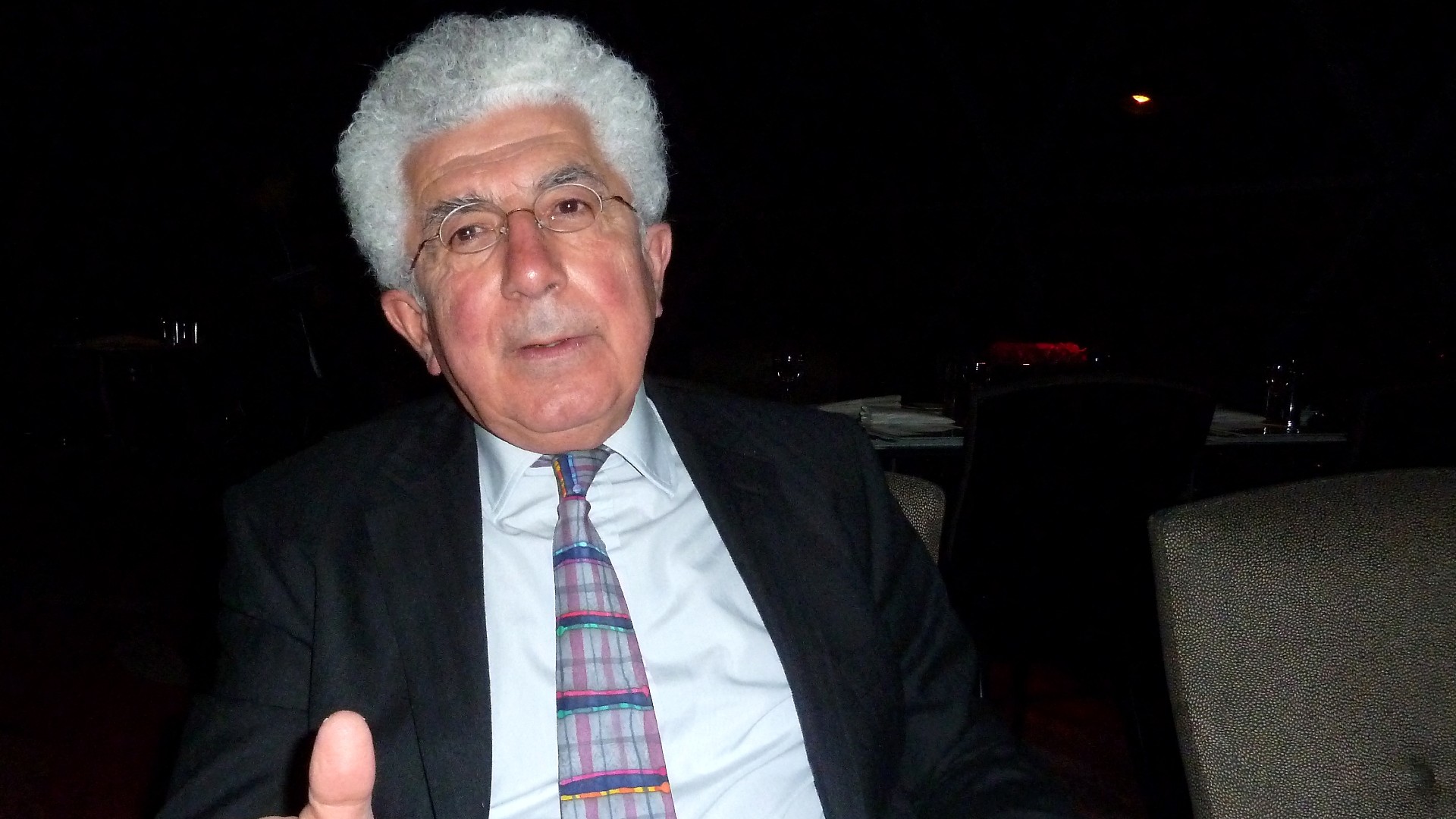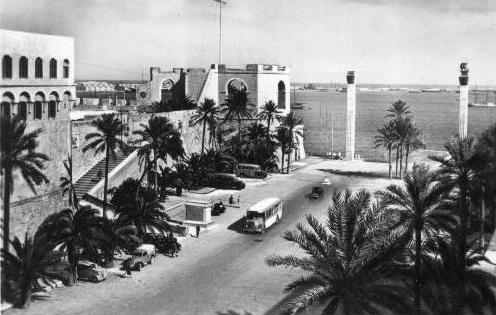Late in 1940, Lehi, having identified a common interest between the intentions of the new German order and Jewish national aspirations, proposed forming an alliance in World War II with
Nazi Germany. The organization offered cooperation in the following terms: Lehi would rebel against the British, while Germany would recognize an independent Jewish state in Palestine/Eretz Israel, and all Jews leaving their homes in Europe, by their own will or because of government injunctions, could enter Palestine with no restriction of numbers.
Late in 1940, Lehi representative
Naftali Lubenchik went to
Beirut to meet German official
Werner Otto von Hentig. The Lehi documents outlined that its rule would be authoritarian and indicated similarities between the organization and Nazis.
Israel Eldad, one of the leading members of Lehi, wrote about Hitler "it is not Hitler who is the hater of the kingdom of Israel and the return to Zion, it is not Hitler who subjects us to the cruel fate of falling a second and a third time into Hitler's hands, but the British."
Stern also proposed recruiting 40,000 Jews from occupied Europe to invade Palestine with German support to oust the British. On 11 January 1941, Vice Admiral Ralf von der Marwitz, the German naval
attaché in
Turkey, filed a report (the "Ankara document") conveying an offer by Lehi to "actively take part in the war on Germany's side" in return for German support for "the establishment of the historic Jewish state on a national and totalitarian basis, bound by a treaty with the German Reich."
According to Joseph Heller, "The memorandum arising from their conversation is an entirely authentic document, on which the stamp of the 'IZL in Israel' is clearly embossed." Von der Marwitz delivered the offer, classified as secret, to the German Ambassador in Turkey and on 21 January 1941 it was sent to Berlin. There was never any response. A second attempt to contact the Nazis was made at the end of 1941, but it was even less successful. The emissary Yellin-Mor was arrested in Syria before he could carry out his mission.
This proposed alliance with Nazi Germany cost Lehi and Stern much support. The Stern Gang also had links with, and support from, the
Vichy France Sûreté's Lebanese offices. Even as the full scale of Nazi atrocities became more evident in 1943, Lehi refused to accept Hitler as the main foe (as opposed to Great Britain).















